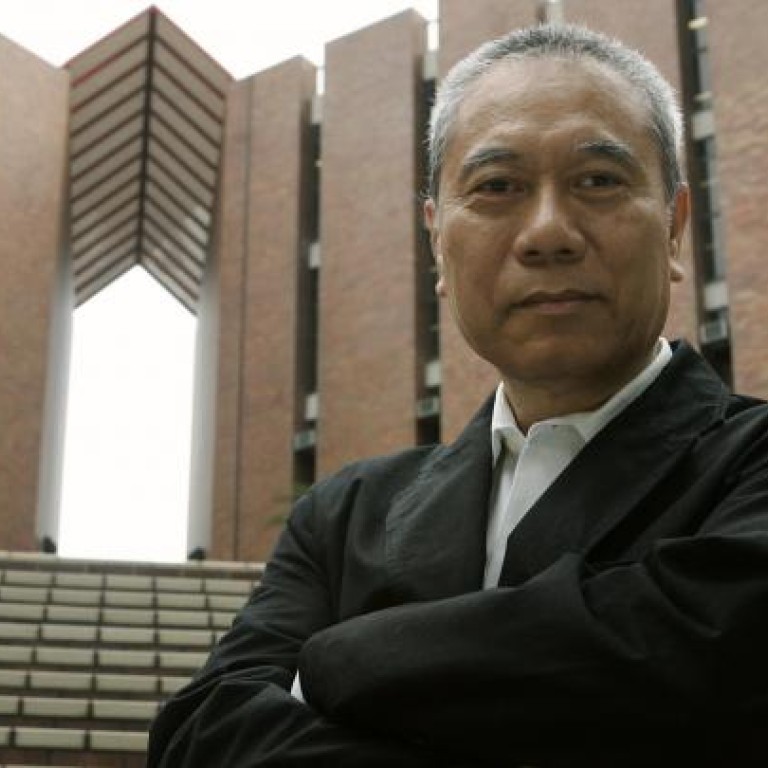
All Around Town, April 4, 2013
With mainland internet censors always on the ball, even "Beijing-friendly" websites may be blocked from users' access.
"After negotiating with many parties, we were finally unblocked after the National People's Congress and Chinese People's Political Consultative Conference sessions [last month]," Lau said.
The website, launched in October 2005, mainly seeks to provide Hong Kong students with news about the mainland and the world, as well as educational resources.
The Leung Chun-ying administration is actively putting its modern machinery in public relations to work - and knows that sometimes a touch of humour helps fend off critics.
The Development Bureau launched its official Facebook page last month, putting up controversial plans including land reclamation, building of artificial islands and development of rock caverns for public viewing.
"Via this interactive platform, we hope to keep in touch with you and to explain our [work] and thoughts more vividly," the page administrator said.
The new page promptly drew ridicule from David Webb, a financial commentator based in Hong Kong. He mocked the appearance of diagonal dashed lines, which were drawn on a graphic over an area marked for feasibility studies on artificial islands, as "torrential rain over the West Lamma Channel".
The bureau's reply to his post was equally prompt: "David M.Webb, we have to admit that your humour has beaten us. Fortunately, you haven't [mistakenly assumed] that the government aims to carry out reclamation on the [shaded] part as a whole."
In January, Secretary for Development Paul Chan Mo-po also started up a blog in an apparent attempt to drum up support for government policy initiatives and proposals.
The Diocesan Boys' School is famous for producing top-notch sports and music talents. But the elite school in Mong Kok, where founder of modern China Dr Sun Yat-sen was briefly a "DB boy" more than a century ago, would not be forgotten as a breeding ground for political talents as well - notably for the right-wing Liberal Party and the radical People Power.
At least three lawmakers are graduates - and all are related to the Liberal Party: Tommy Cheung Yu-yan, James Tien Pei-chun and Michael Tien Puk-sun, though Michael left for the New People's Party some years ago.
Among the younger generations, their political leanings are more diverse. Dominic Lee is chairman of the liberals' youth committee, while accountant Mark Fu may run for the party if a by-election triggered by vote-rigging in the Yau Tsim Mong district council takes place.
Other alumni have opted for a more radical political stance, including People Power chairman Christopher Lau Gar-hung and core member Jeff Au Yeung Ying-kit.
"I guess it is a tradition for DB boys to look for something extraordinary," Lee said. "We just do not want to be the same as others [in the mainstream]."
